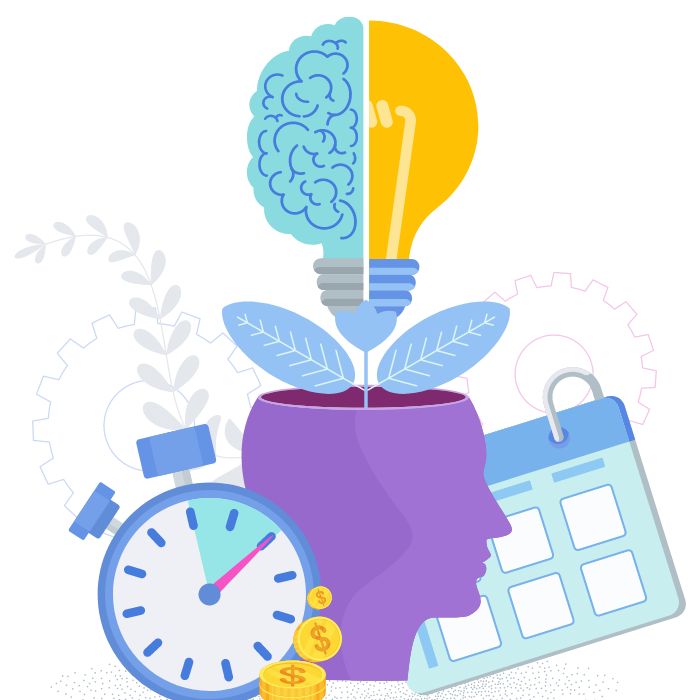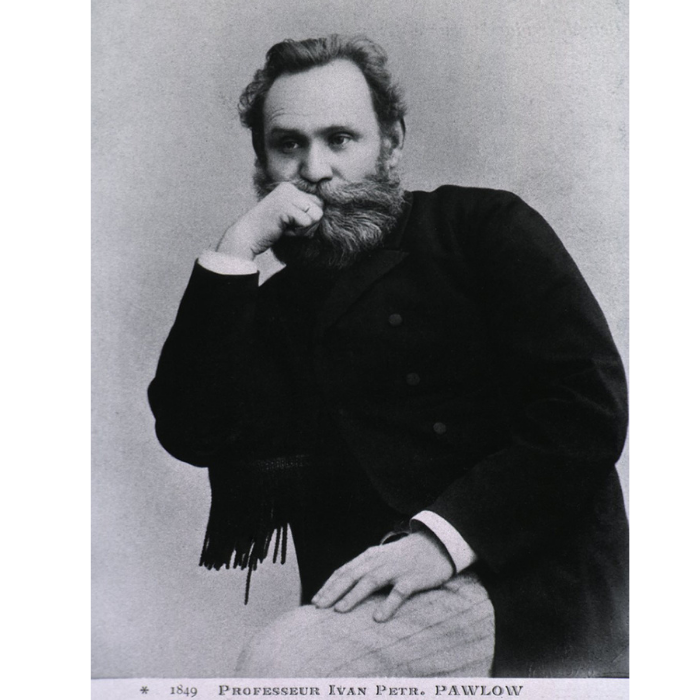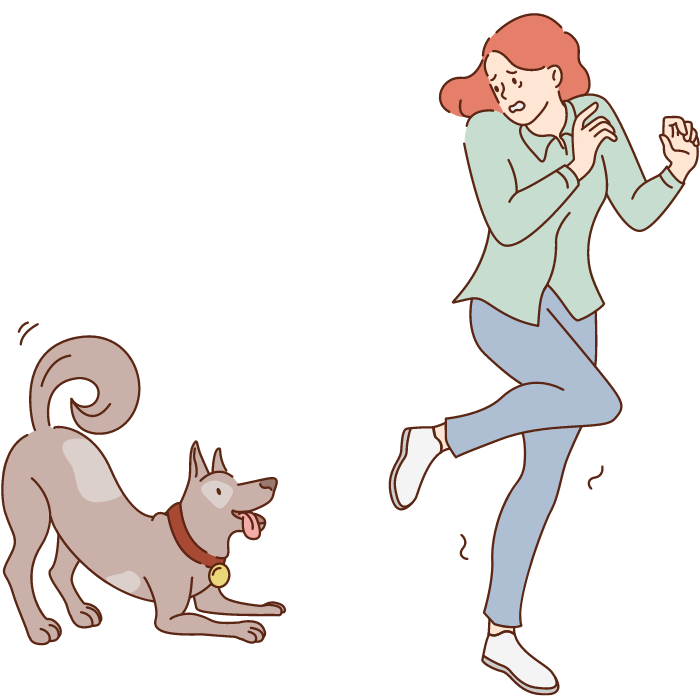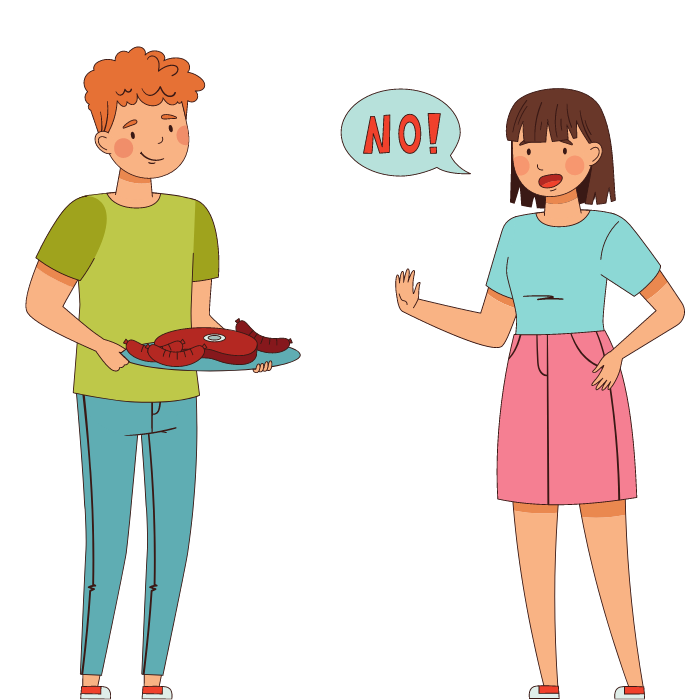Have you ever wondered why we sometimes do things based on cues available around us without actually thinking about it? Well, this is because of classical conditioning.

Classical conditioning is a change in behavior that occurs due to a pairing of a biologically potent stimulus with a previously neutral stimulus. In other words, classical conditioning happens when we subconsciously link two stimuli together simply because they tend to occur either simultaneously or consecutively. Over time, we begin to expect the occurrence of one stimulus in the presence of the other.
Discovery of classical conditioning

A Russian psychologist named Ivan Pavlov first discovered classical conditioning in 1897. He conducted an experiment in which he observed dogs that salivated upon the ring of a bell. It was observed that dogs could be trained to react in certain ways by repeating certain actions consecutively. In Pavlov’s experiment, he repeated a doorbell right before feeding the dogs. This conditioned the dog into automatically salivating every time he rang the doorbell.
The interesting thing about this effect is that we humans too get classically conditioned to many things without our conscious knowledge.
Everyday examples of classical conditioning
Anxiety of dogs

We are not born afraid of dogs or other animals. These fears or specific anxieties develop due to experiences we have in our lives, especially as a child.
Does the sound of a dog bark easily frighten you? It may have been an actual dog in the vicinity or even a recording played on a phone. If walking past a certain house with a guard dog scared you as a child, the barking sound of a dog automatically makes you jump or breathe a little faster. This is due to the classical conditioning that occurred, which paired the sound of barking with a physiological response such as increased heart rate or sweating.
Notifications

Ever heard the sound of a vibrating phone and automatically reach for your phone feeling excited to receive a message? This too is due to classical conditioning.
The tone is merely a sound until successive repetitions of receiving a happy message upon hearing a tone condition our mind to link the two together. Over time, even when the notification is not yours, your mind becomes excited upon hearing it. The physiological reaction of happiness becomes automatic. This is also the reason why disappointment follows when you realize it was not your notification you heard.
Advertisements

Companies love to use celebrities when they advertise products. The reason for this is also because of classical conditioning. If we adore a celebrity, we tend to have positive feelings when we see them in a show or a performance.
When a celebrity appears in an advertisement, we automatically see the advertisement in a positive light even before acknowledging the product being advertised. Upon seeing them on those big billboards or commercials, we psychologically feel happy and alerted by the advertisement. Though it may be true that we are likely to buy products endorsed by our favorite celebrities simply because we want to be more like them, what we don’t often notice is that we may actually end up buying something we initially disliked. This is a phenomenon that can be explained by classical conditioning.
What effect has classical conditioning left on our health?

Classical conditioning can have an immense effect on our mindset. As we all know, first impressions are very important. For instance, if you were classically conditioned to feel negative about novel things, your mind will be closed to any positive things about new types of treatment. For example, when introduced to a treatment that is fairly foreign to your knowledge, you may automatically start to get avoidant and enquire about methods you are confident of instead.
Not only that, but this initial impression you automatically developed over the treatment will also change the way you perceive the effect of the treatment after starting it. This can also negatively affect the impact of the treatment on your body. You can read more about how the mind affects our physiological response to treatment here.
There are many other ways in which we have been classically conditioned to act or feel a certain way in today’s urban society. Being aware that such an effect is in play may allow us to make more conscious and thought-through decisions.
If you found this article interesting, share it with your friends and family! Perhaps now that you are aware of classical conditioning, you may apply it in your own life and see it take action!

